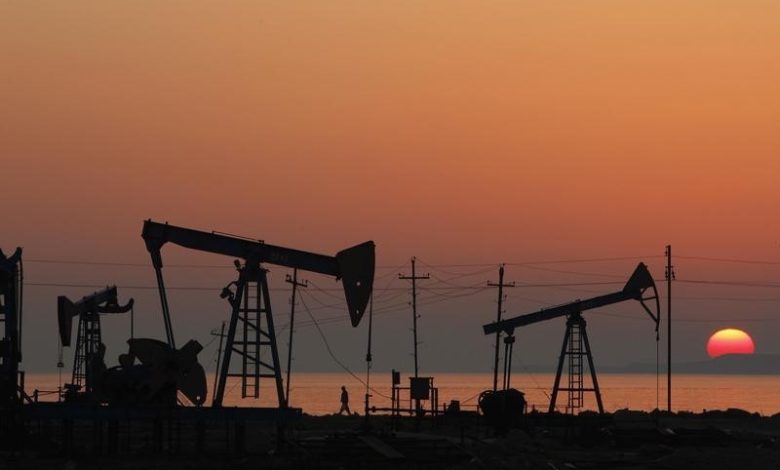
Oil Prices Steady After Decline Amid Potential Israel-Hezbollah Ceasefire, Reports Reuters
By Colleen Howe
BEIJING (Reuters) – Oil prices remained stable during Asian trading on Wednesday as traders assessed the uncertainty surrounding the conflict in the Middle East alongside ongoing bearish market fundamentals.
Brent crude futures increased by 11 cents, or 0.14%, reaching $77.29 a barrel by 0223 GMT, while U.S. West Texas Intermediate futures saw a slight rise of 3 cents, bringing the price to $73.60 a barrel.
Prices had dropped more than 4% in the previous session due to the possibility of a ceasefire between Hezbollah and Israel. However, apprehensions about a potential Israeli strike on Iran’s oil facilities continue to linger in the market.
Macquarie analysts noted, "We expect further volatility as the market balances bearish fundamentals against supply risks stemming from intensifying tensions in the Middle East."
The drop in prices on Tuesday followed a rally that had started after Iran launched a missile attack on Israel on October 1, culminating in an 8% gain for the week—the largest increase in over a year.
On Tuesday, Hezbollah officials seemed to distance themselves from a ceasefire condition requiring a truce in Gaza. Deputy leader Naim Qassem expressed support for efforts to establish a ceasefire in a televised address, marking a shift as this was the first indication that the conclusion of the Gaza conflict was not a prerequisite for a truce.
In terms of demand, data indicated a rise in oil stocks of nearly 11 million barrels last week, surpassing analysts’ expectations according to sources referencing figures from the American Petroleum Institute. However, there was a decline in fuel stockpiles.
Weak demand continues to pressure the market’s fundamental outlook. The U.S. Energy Information Administration recently revised its 2024 forecast for global oil demand growth downward by 20,000 barrels per day to 103.1 million barrels per day, citing weaker industrial output and manufacturing growth in both the U.S. and China.
Hurricane Milton, which has become one of the most powerful Atlantic hurricanes on record, is anticipated to make landfall on Florida’s Gulf Coast on Wednesday, potentially disrupting gasoline supplies in the U.S.’s third-largest consuming state.
Market analyst Tony Sycamore from IG commented, "With uncertainty surrounding Hurricane Milton’s effect on oil infrastructure and ongoing speculation regarding Israel’s response to Iran’s missile attack, we have likely entered a new trading range between $72.50 and $77.50."
In Florida, which relies on marine imports for fuel, most ports were closed to vessel traffic on Tuesday, and energy companies have begun shutting down some pipelines and delivery terminals in Tampa.
 GOOGL
GOOGL  META
META 


